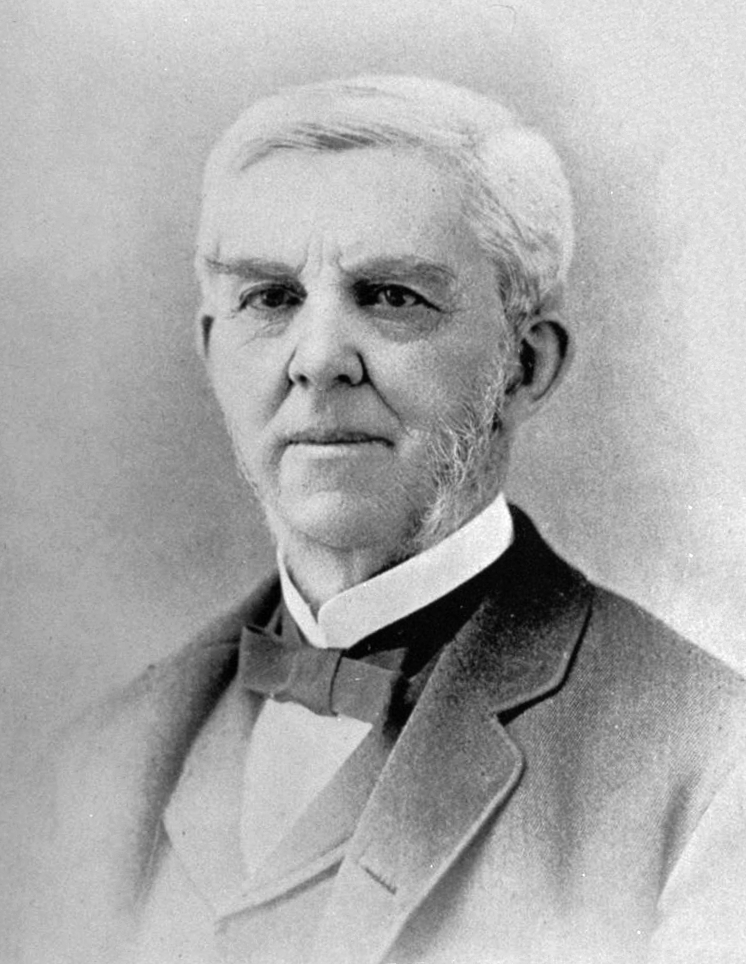Frases célebres de Oliver Wendell Holmes
Oliver Wendell Holmes Frases y Citas
“Aquello que sale del corazón, lleva el matiz y el calor de su lugar de origen.”
Variante: Aquello que sale del corazón, lleva el matiz y el calor de su lugar de origen.
Oliver Wendell Holmes: Frases en inglés
“I have always considered my face a convenience rather than an ornament.”
Letter http://books.google.com/books?id=sIE7AAAAYAAJ&q=%22I+have+always+considered+my+face+a+convenience+rather+than+an+ornament%22&pg=PA103#v=onpage to James Russell Lowell (18 March 1882)
“A general flavor of mild decay.”
The Deacon's Masterpiece; reported in Bartlett's Familiar Quotations, 10th ed. (1919).
“Lean, hungry, savage anti-everythings.”
A modest Request; reported in Bartlett's Familiar Quotations, 10th ed. (1919).
“It is the province of knowledge to speak and it is the privilege of wisdom to listen.”
Ch. 10 http://books.google.com/books?id=omwRAAAAYAAJ&q=%22It+is+the+province+of+knowledge+to+speak+and+it+is+the+privilege+of+wisdom+to+listen%22&pg=PA264#v=onepage and The Atlantic Monthly October 1872 http://books.google.com/books?id=psqcIq5UxYkC&q=%22It+is+the+province+of+knowledge+to+speak+and+it+is+the+privilege+of+wisdom+to+listen%22&pg=PA427#v=onepage
The Poet at the Breakfast Table (1872)
“Put not your trust in money, but put your money in trust.”
The Autocrat of the Breakfast Table (1858)
Fuente: The Professor at the Breakfast Table (1859), Ch. I.
The chambered Nautilus; reported in Bartlett's Familiar Quotations, 10th ed. (1919).
Part of a statement at the annual meeting of the Massachusetts Medical Society (30 May 1860), generally quoted in a simplified form omitting Holmes's exceptions including opium and anaesthetics.
Throw out opium, which the Creator himself seems to prescribe, for we often see the scarlet poppy growing in the cornfields, as if it were foreseen that wherever there is hunger to be fed there must also be a pain to be soothed; throw out a few specifics which our art did not discover, and it is hardly needed to apply; throw out wine, which is a food, and the vapors which produce the miracle of anaesthesia, and I firmly believe that if the whole materia medica [medical drugs], as now used, could be sunk to the bottom of the sea, it would be all the better for mankind,—and all the worse for the fishes.
As quoted in a review of Currents and Counter-currents in Medical Science (1860) in The American Journal of the Medical Sciences, Vol. 40 (1860), p. 467 http://books.google.co.uk/books?id=zHdDAAAAYAAJ&pg=PA467
Paraphrased variant: If all the medicine in the world were thrown into the sea, it would be bad for the fish and good for humanity.
“How many people live on the reputation of the reputation they might have made!”
The Autocrat of the Breakfast Table (1858)
“The freeman casting with unpurchased hand
The vote that shakes the turrets of the land.”
Poetry, a Metrical Essay; reported in Bartlett's Familiar Quotations, 10th ed. (1919).
Fuente: The Professor at the Breakfast Table (1859), Ch. VI.
The Autocrat of the Breakfast Table (1858)
“All generous minds have a horror of what are commonly called “facts.””
They are the brute beasts of the intellectual domain.
The Autocrat of the Breakfast Table (1858)
